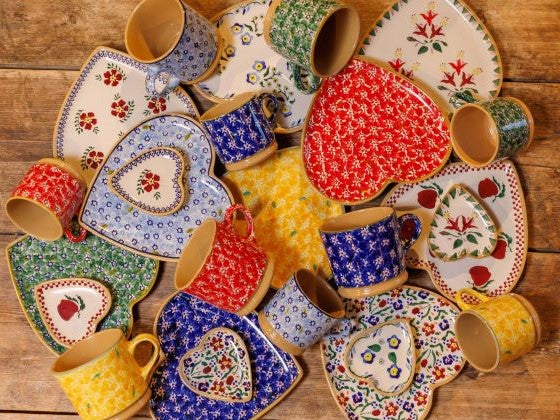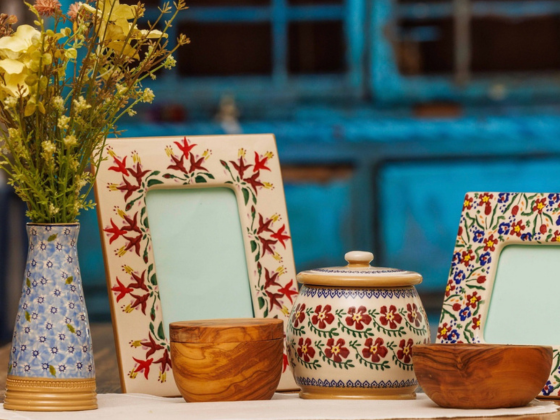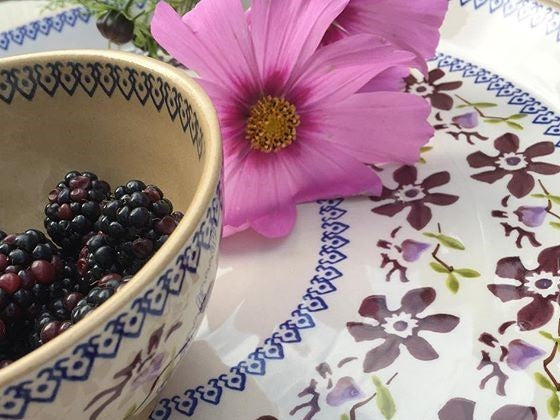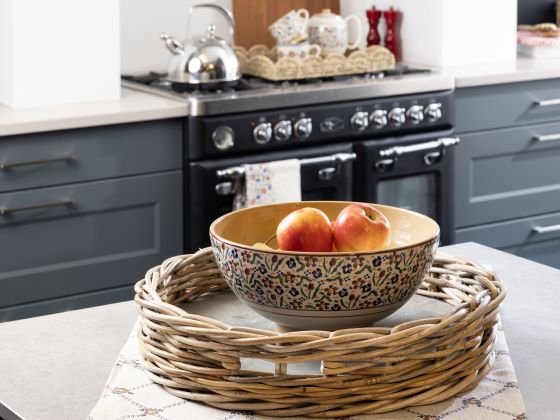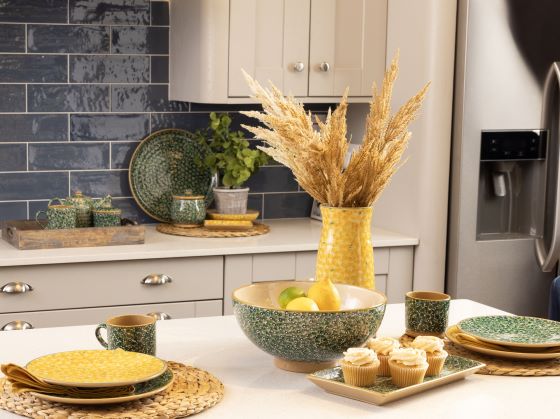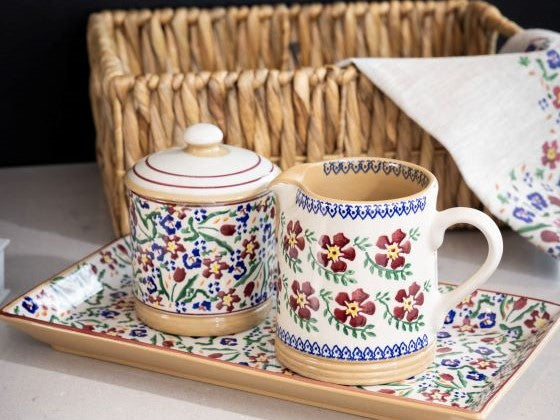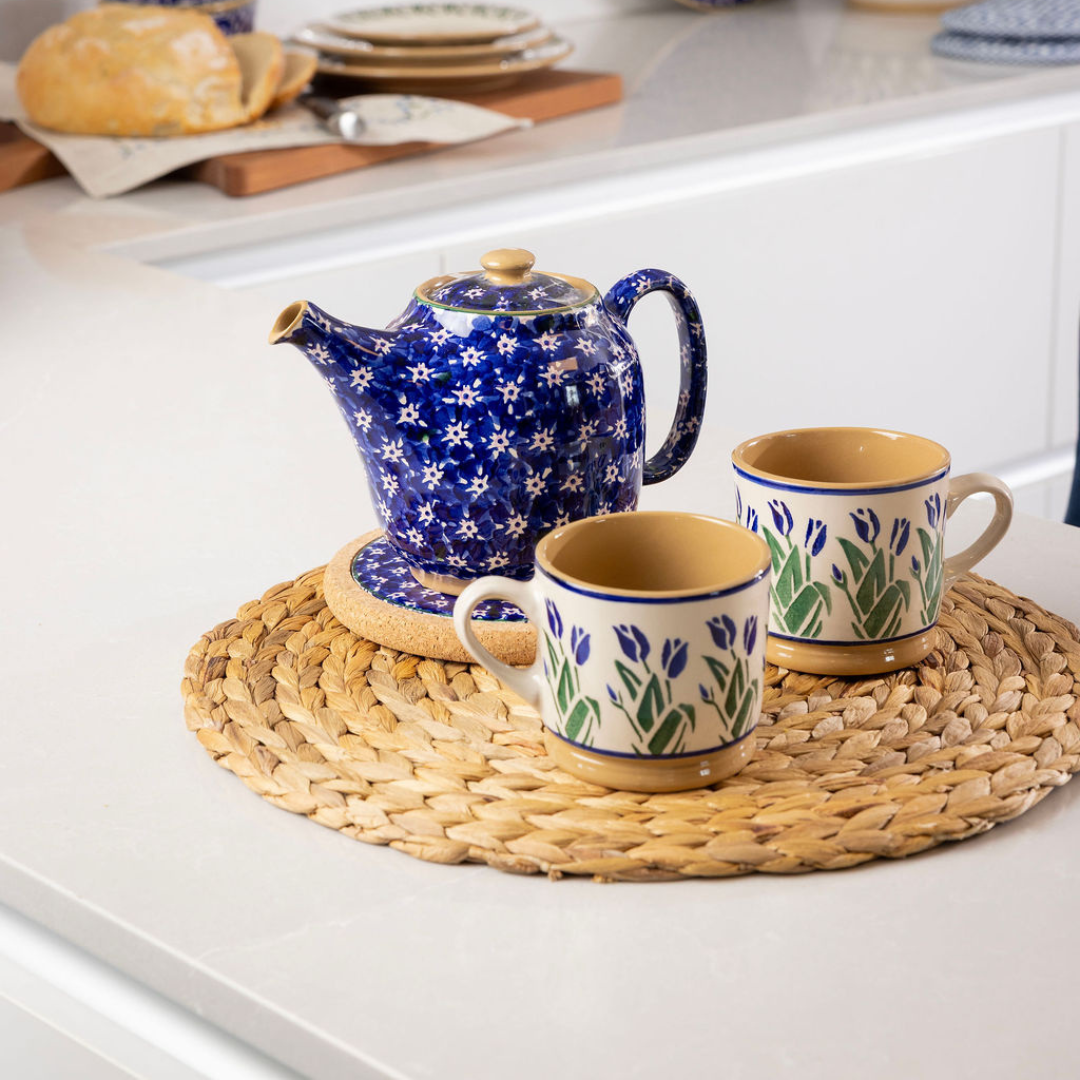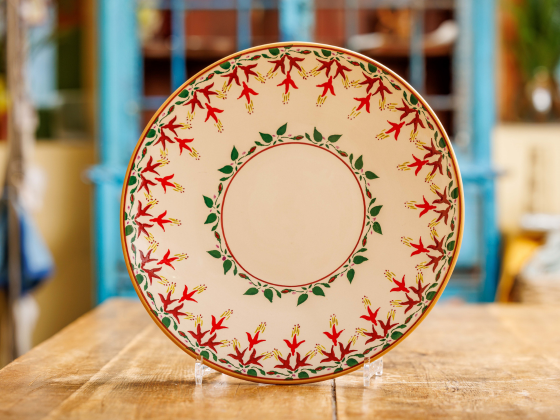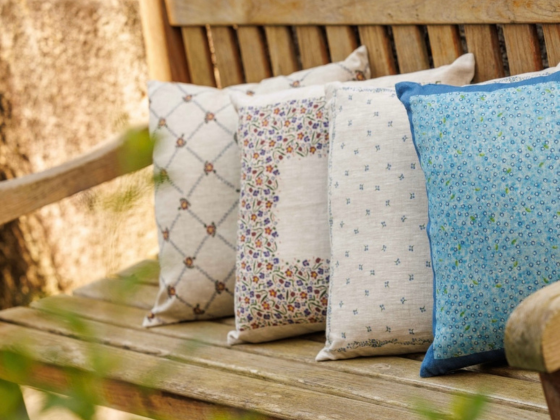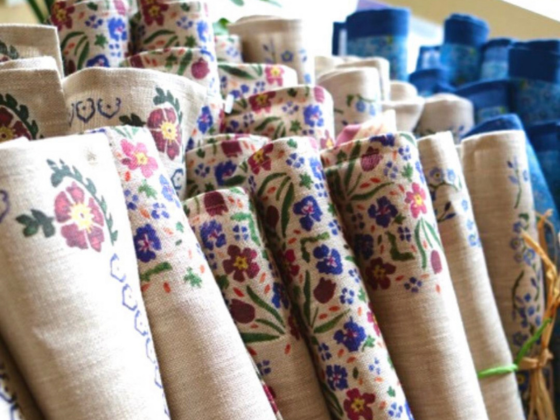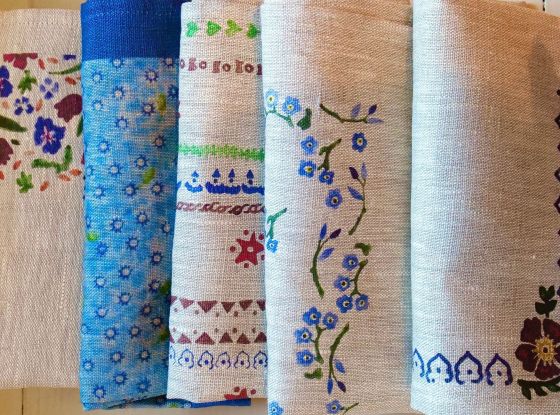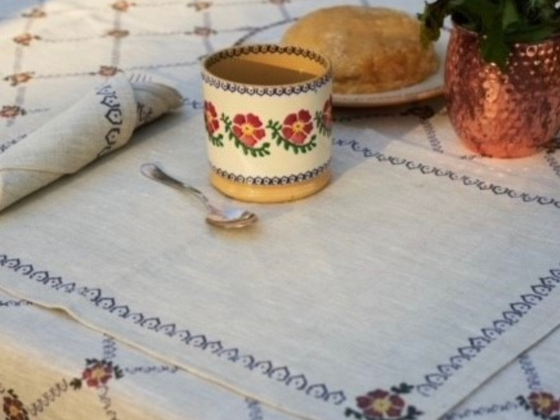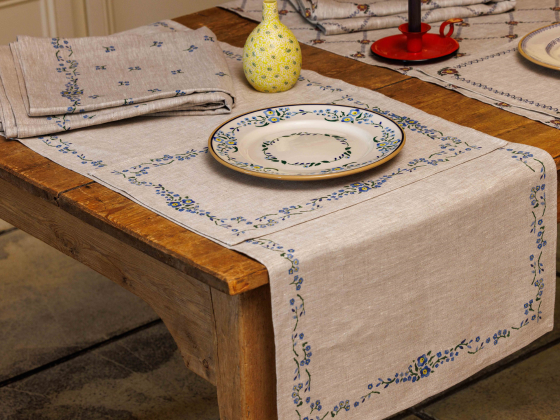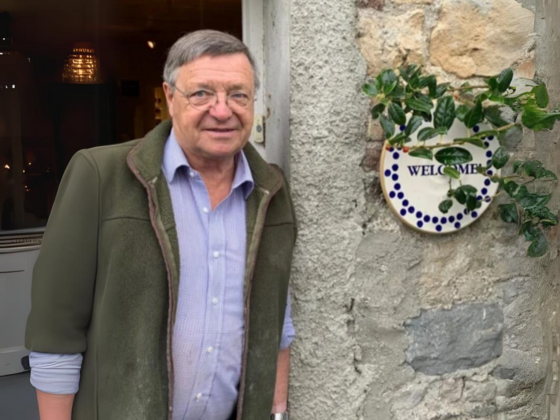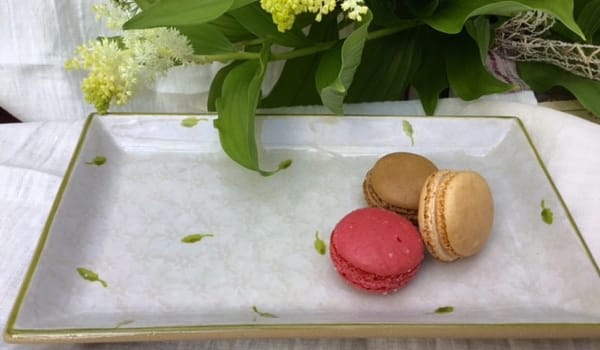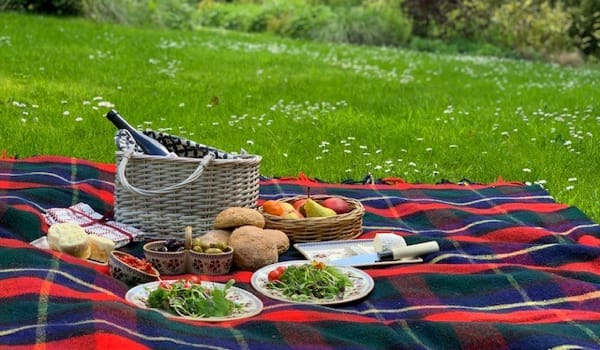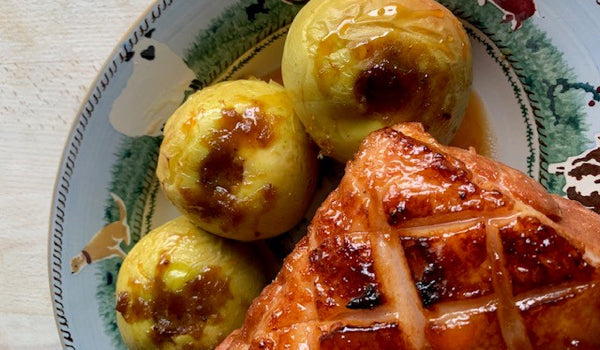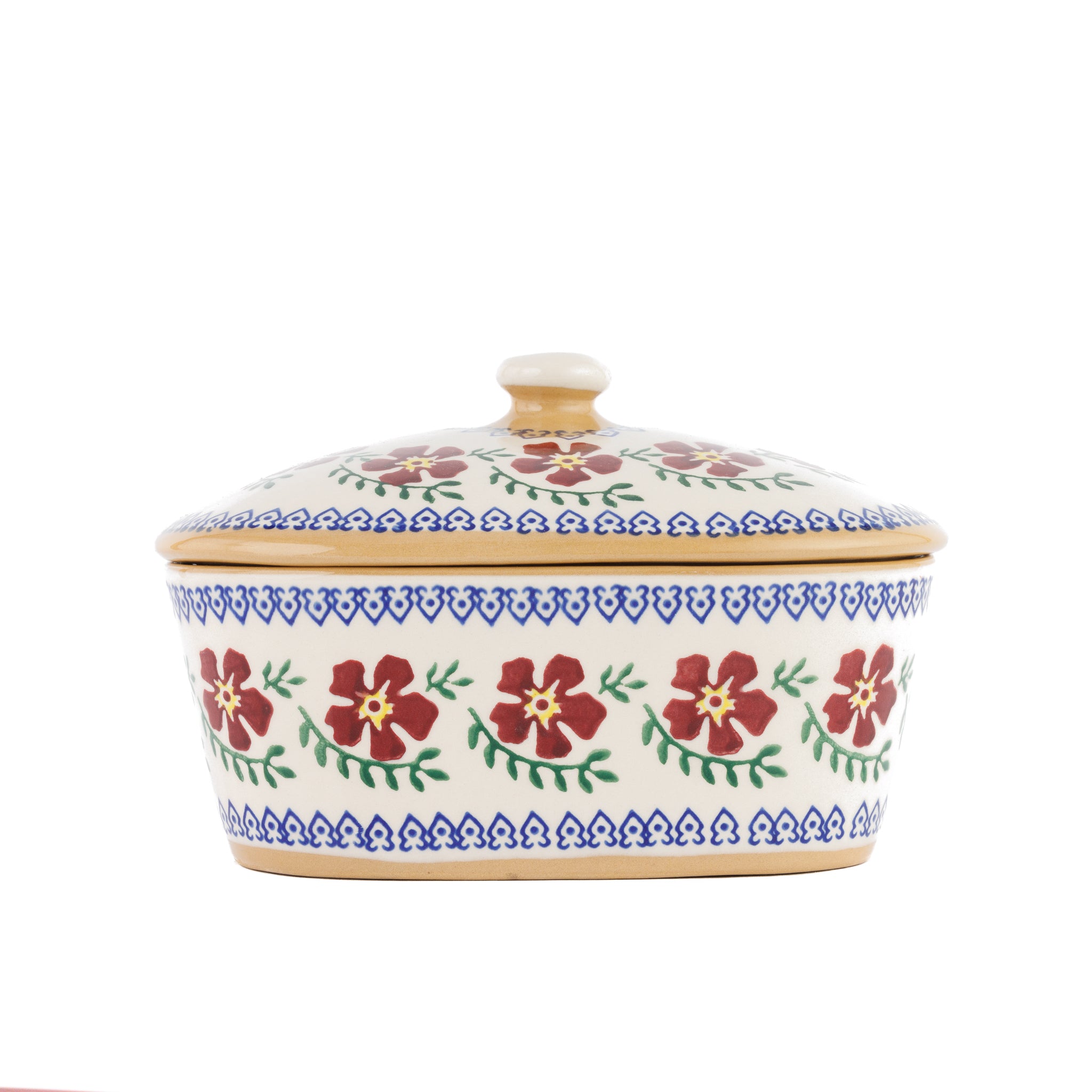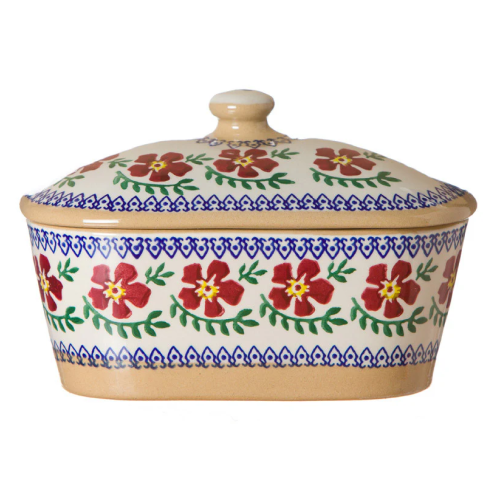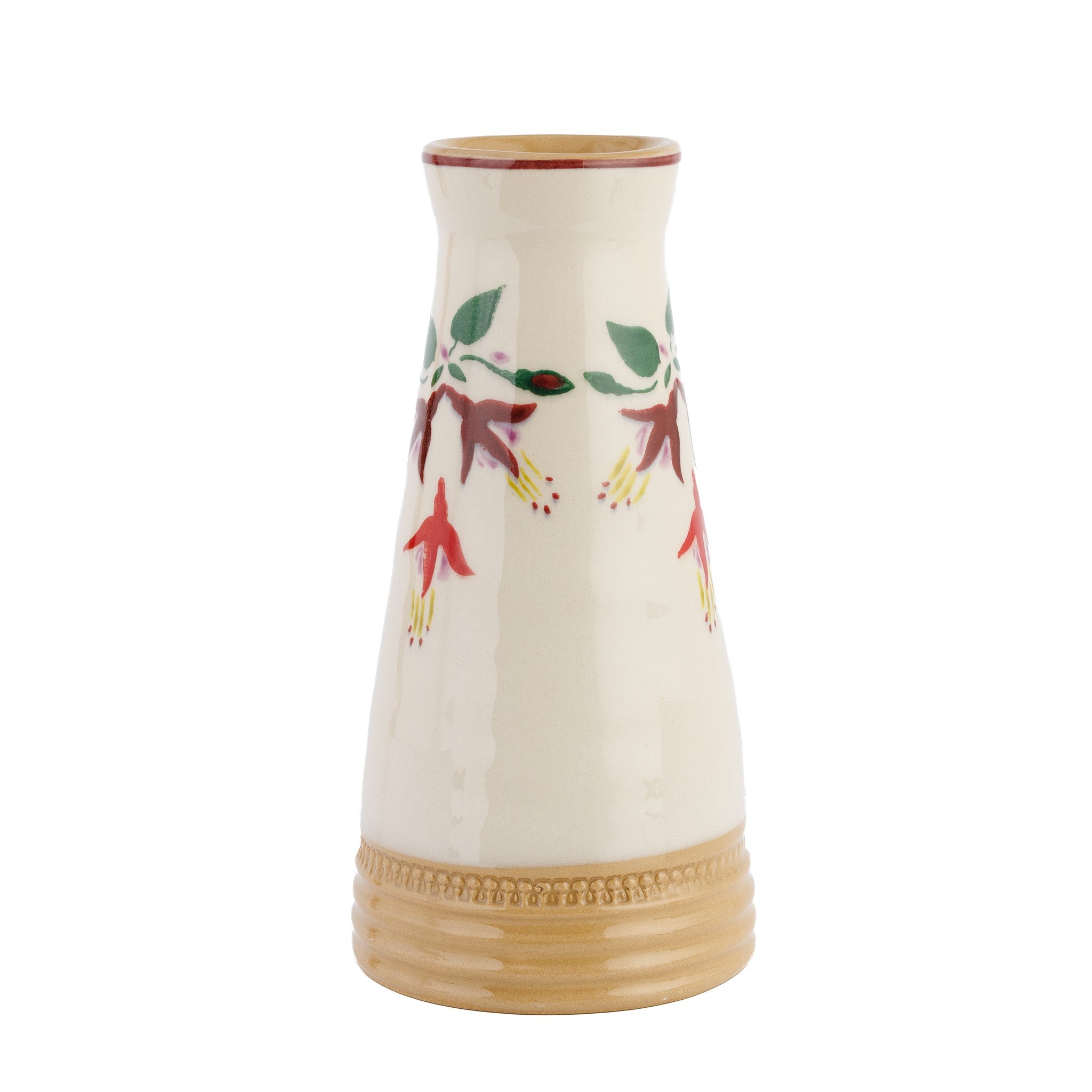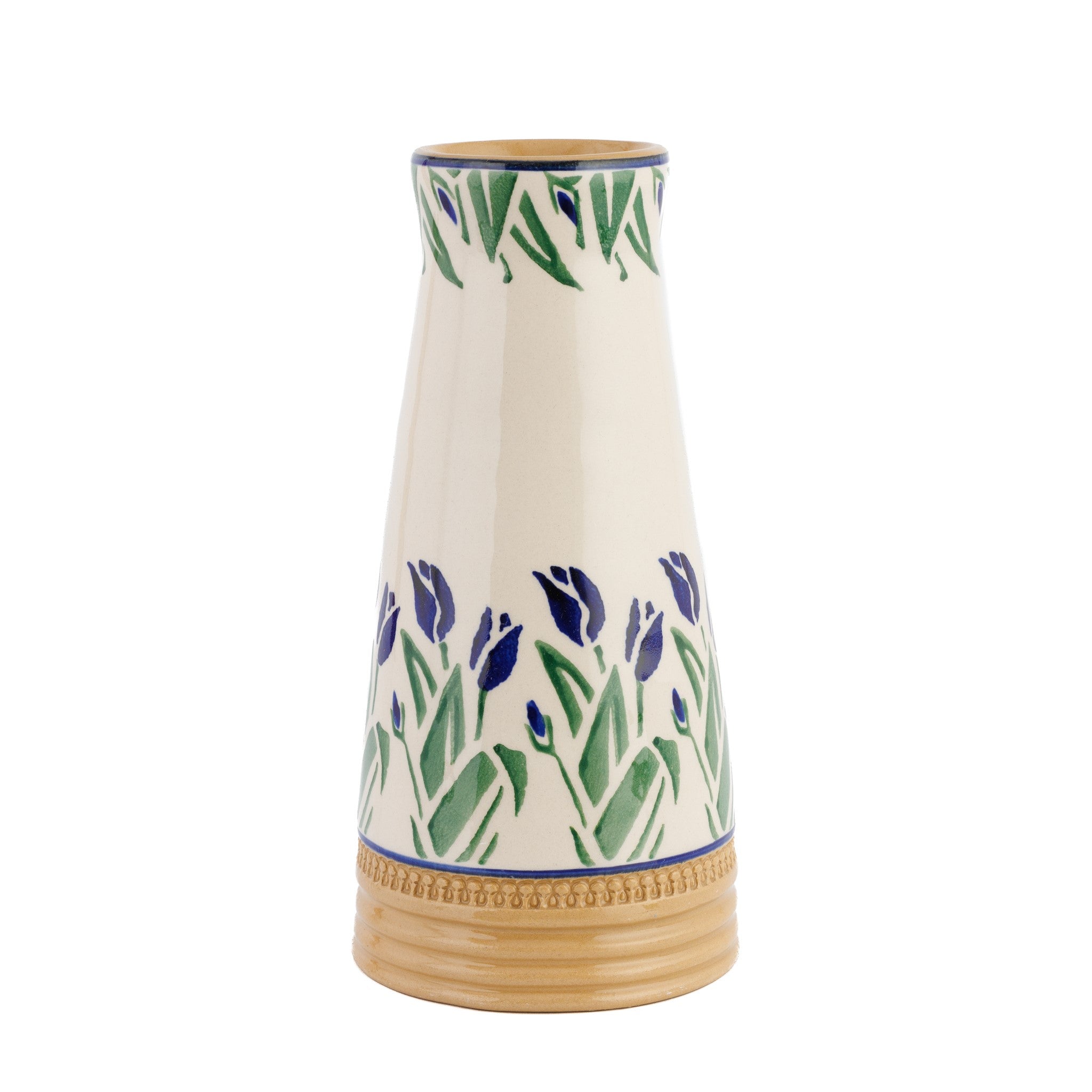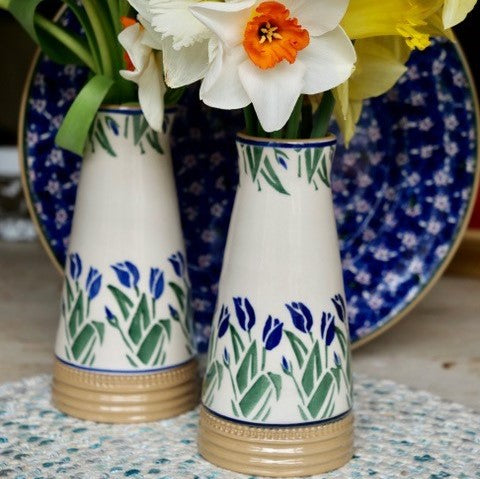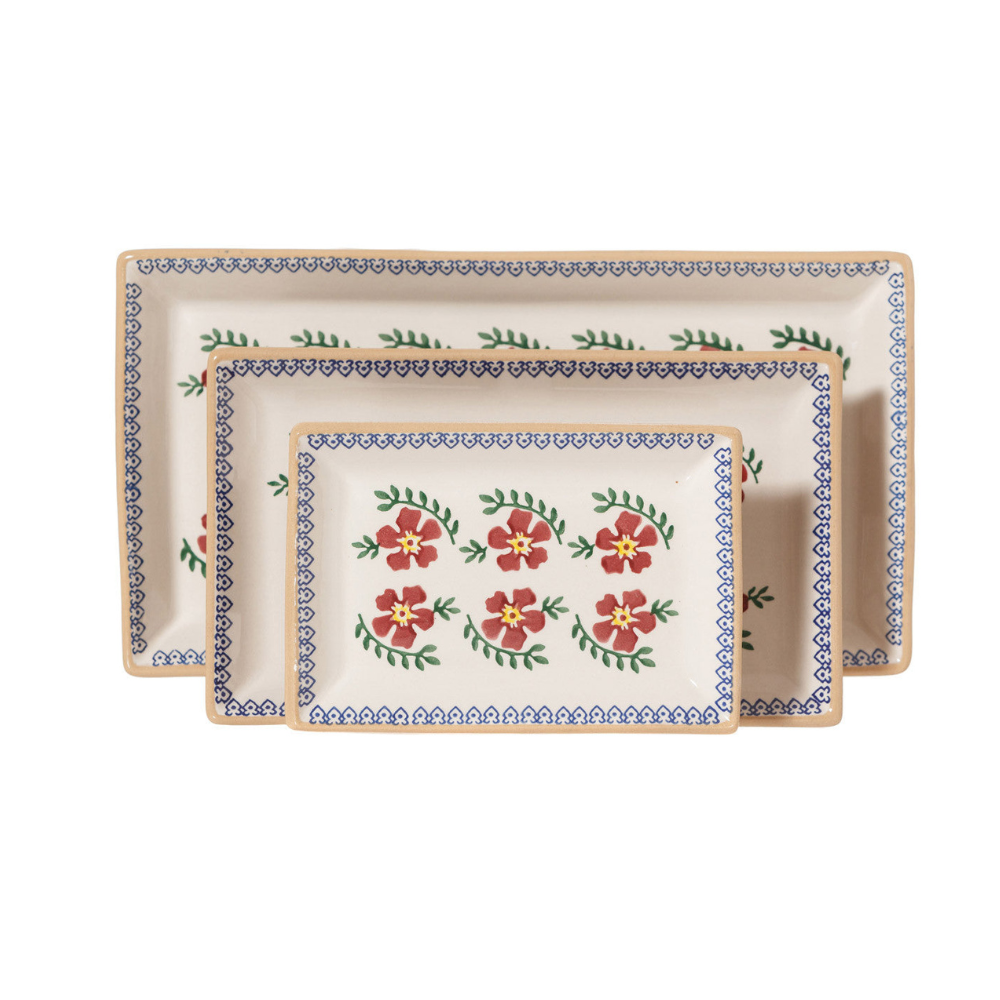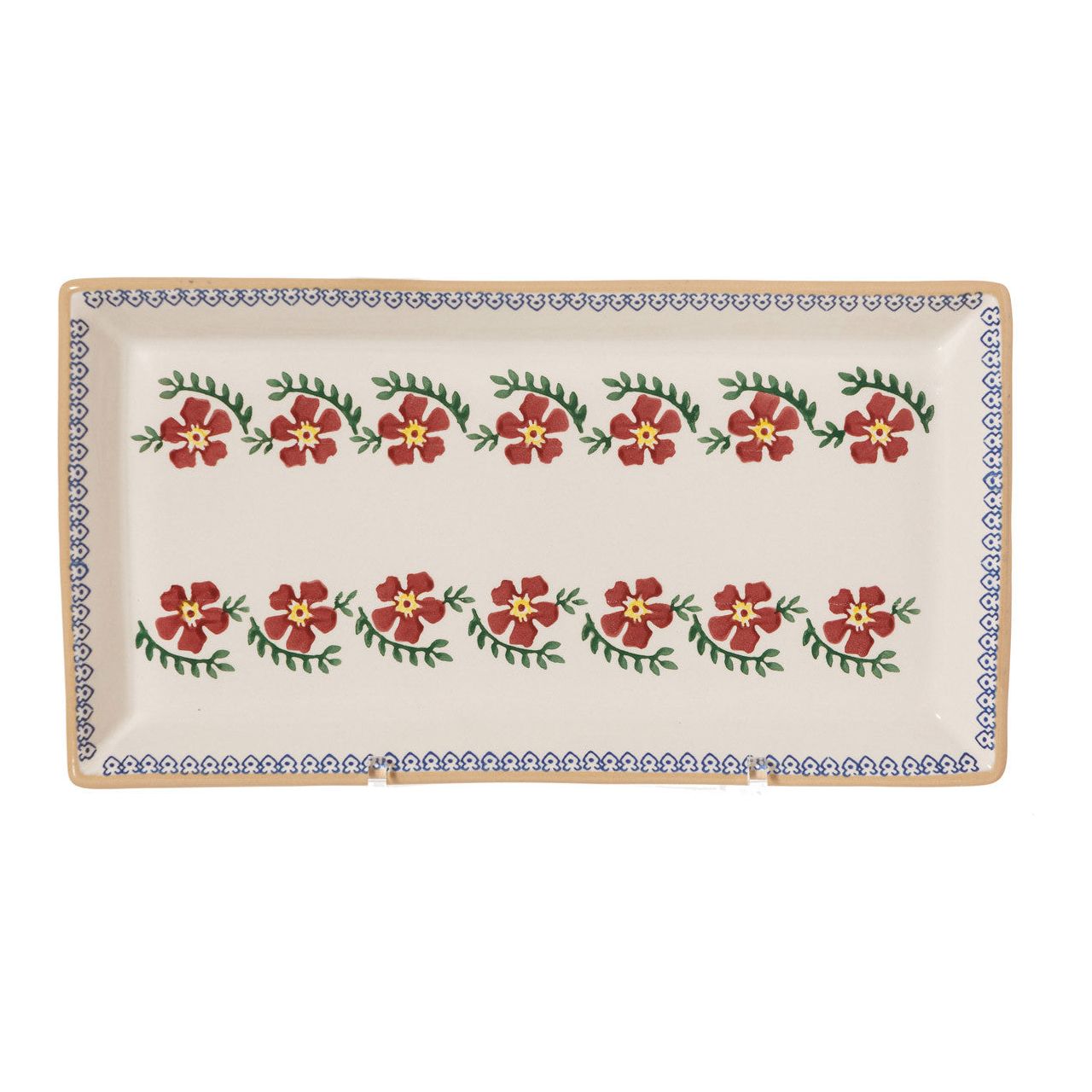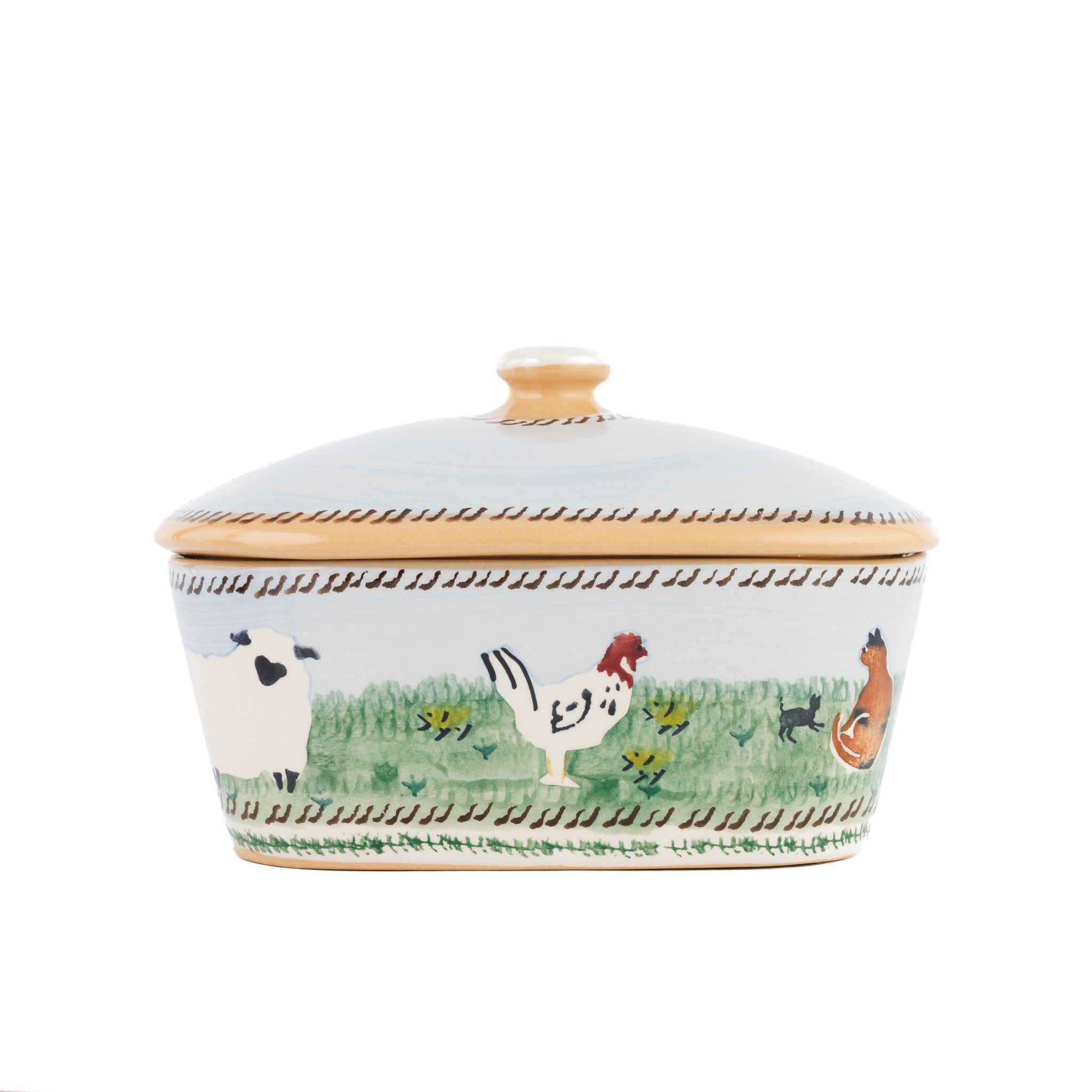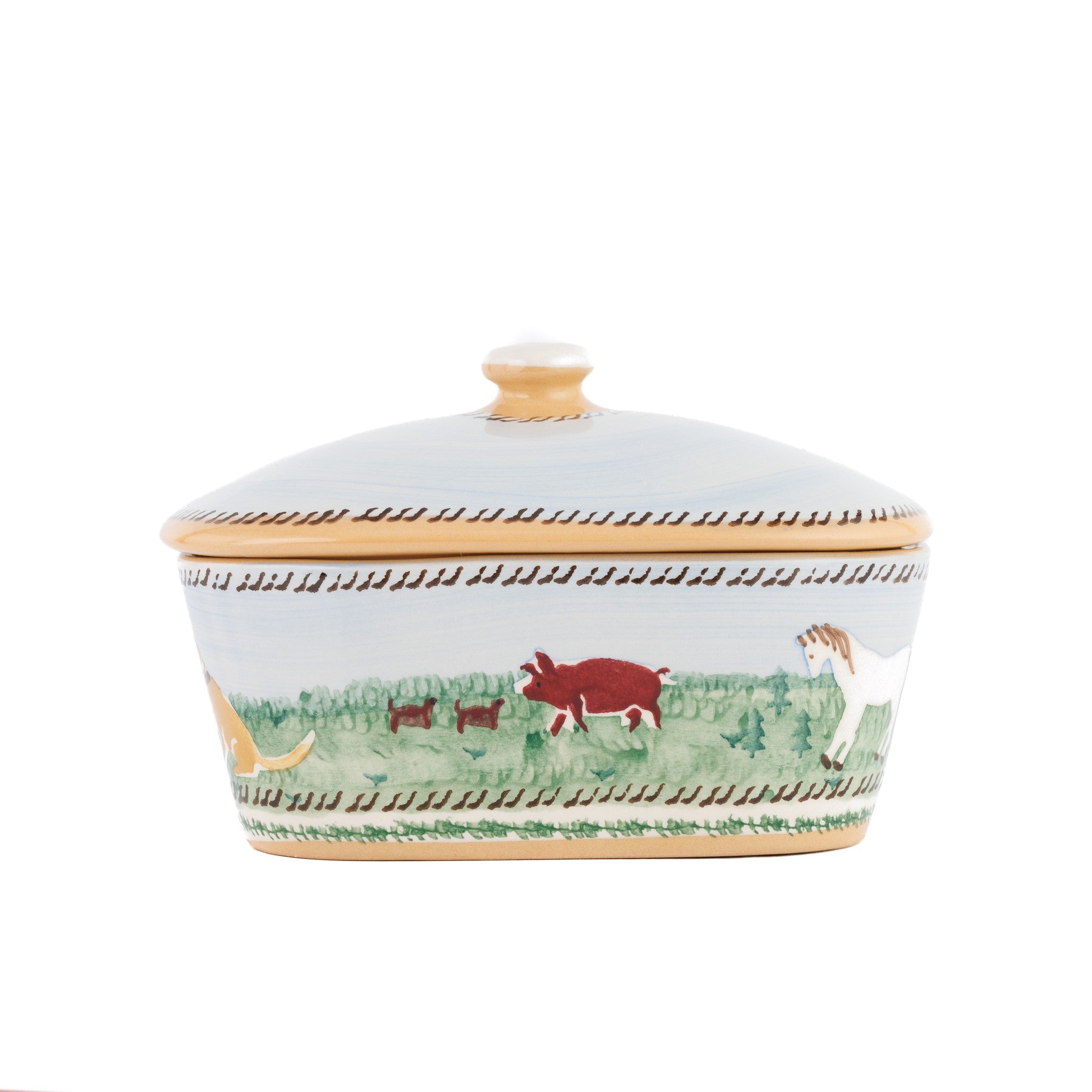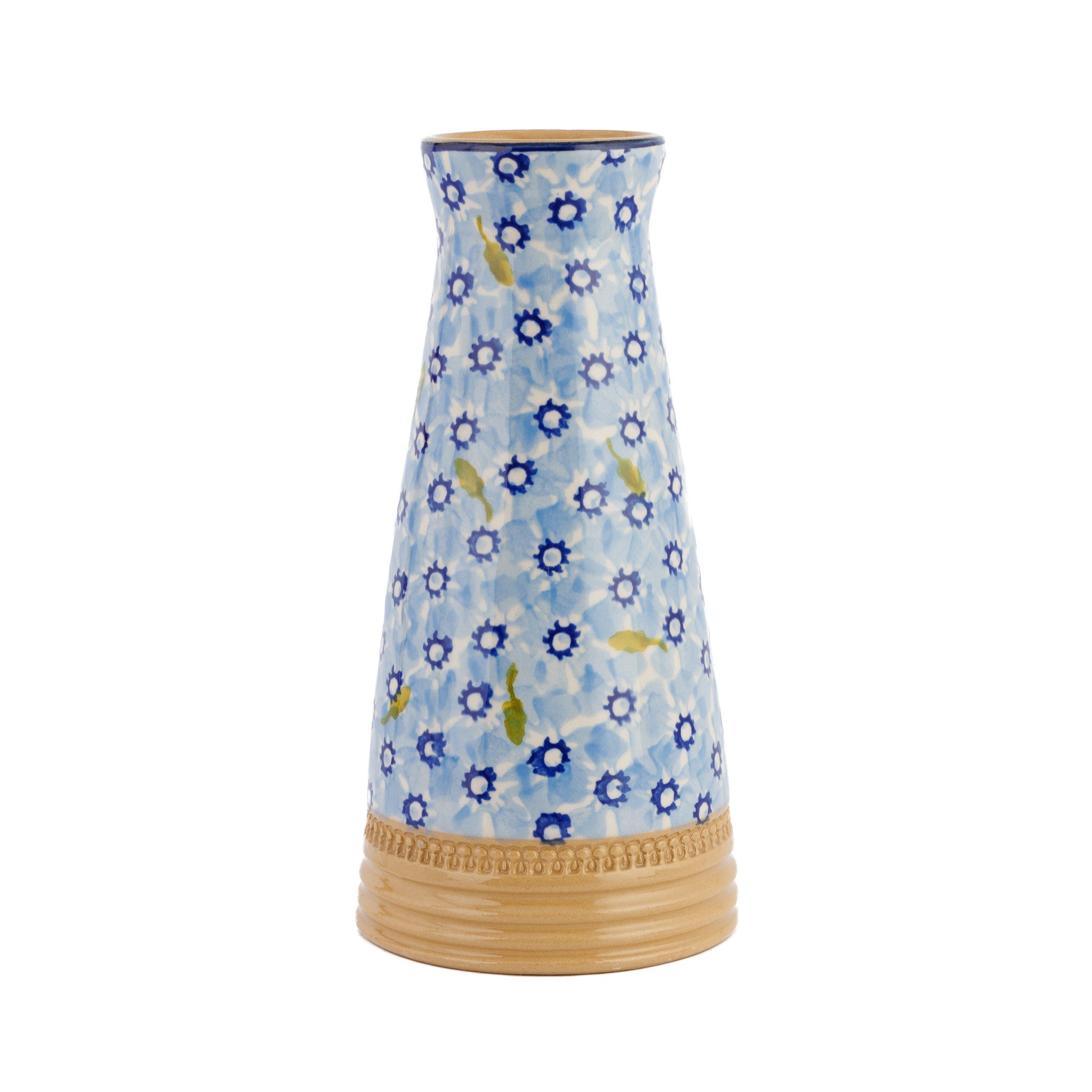Every now and then there seems to be a report that says marriage is steadily on the decline. Despite this, there are still at least 20,000 marriages here in Ireland of one sort or another each year. That’s a good 350 newly married couples each weekend.
Working out what to give as a gift on such an auspicious occasion can take much deliberation and also cause not a small amount of anxiety to get the right thing. Of course some couples help you out with this and set up a gift registry so you know exactly what they would like. Others say they don’t want a thing, just for you to be there, but if you must do something then give to charity – buy them a virtual goat or twin their toilet.
More often than not I’d say that even if we’re told not to give presents we just can’t help it and find ourselves giving something, even if it’s a few bank notes bundled in with the wedding card. It’s a way of mirroring the generosity of the couple who are sharing their celebration with you. It’s a way of passing on some positive energy. Gifts are tokens of so much and, beyond the moment that they change hands from the giver to the receiver they turn into catalysts for memories.

Our heart-shaped plates come in various sizes so you can mix and match them to make a nestling set.
And now to a marriage of thoughts between weddings and our business of pottery. I’m reminded of oft-quoted Greek tradition of smashing plates at a wedding celebration. Despite the way this action has become stereotyped, it represents quite a raw human need to express ourselves physically and can be interpreted in several ways – possibly as a show of richness and abundance that you don’t need to reuse the plates, or of the couple throwing away their old lives and starting anew.

Not exclusive to Greece, a similar crockery-bashing event takes place in Germany, as well as parts of Scandinavia – Polterabend. In case, like me, you have little German, Polter means ‘making a lot of noise’, abend is ‘evening’ and Polterabend happens on the night before the wedding. Guests break porcelain to bring luck to the marriage. It is quite the ritual, where the couple have to clean up together afterwards – an act of collaboration and solidarity to set them up well for times in the future when they will have to work as a team through difficult circumstances. Aside from the creation of much debris I like the Polter aspect of this tradition, the clamour, the clattering percussive fanfare that heralds the upcoming union and also shoos away bad spirits.
Nicholas Mosse Cookie Jars make the perfect Wish Jars for a wedding celebration, to be transferred to the couple’s kitchen after the event.
It you’d like to go for something more peaceful than cacophonous plate-shattering then having a Wish Jar for guests to leave messages, poems, their hopes for the newly weds, or small gifts is a lovely way to gather that similar feeling of collective and genuine good will towards the uniting couple, but in a quite and considered way.
All this plate smashing has sent me on a further meander of thought to the word ‘smashing’ itself. As an adjective it is extremely positive – wonderful, tremendous, glorious, splendid, amazing, sublime, phenomenal...the list goes on.
And in food terms, for more texture and flavour, smash is the new mash – smashed cucumber salad, smashed avocado. You can of course get smashed, but we won’t say any more about that here but leave it to the generously flowing sparkles at the nuptials.
So, 20,000 weddings a year in Ireland alone means there’s a great deal of genuine good wishes and luck swirling around. Whatever the numbers are on the continent it could also mean a huge amount of broken crockery. Though I hear the Greeks now use plates purposefully made from plaster, and Polterabend is all about porcelain. So it looks like our pottery can be reserved for being given rather than smashed.
Susan Mosse

